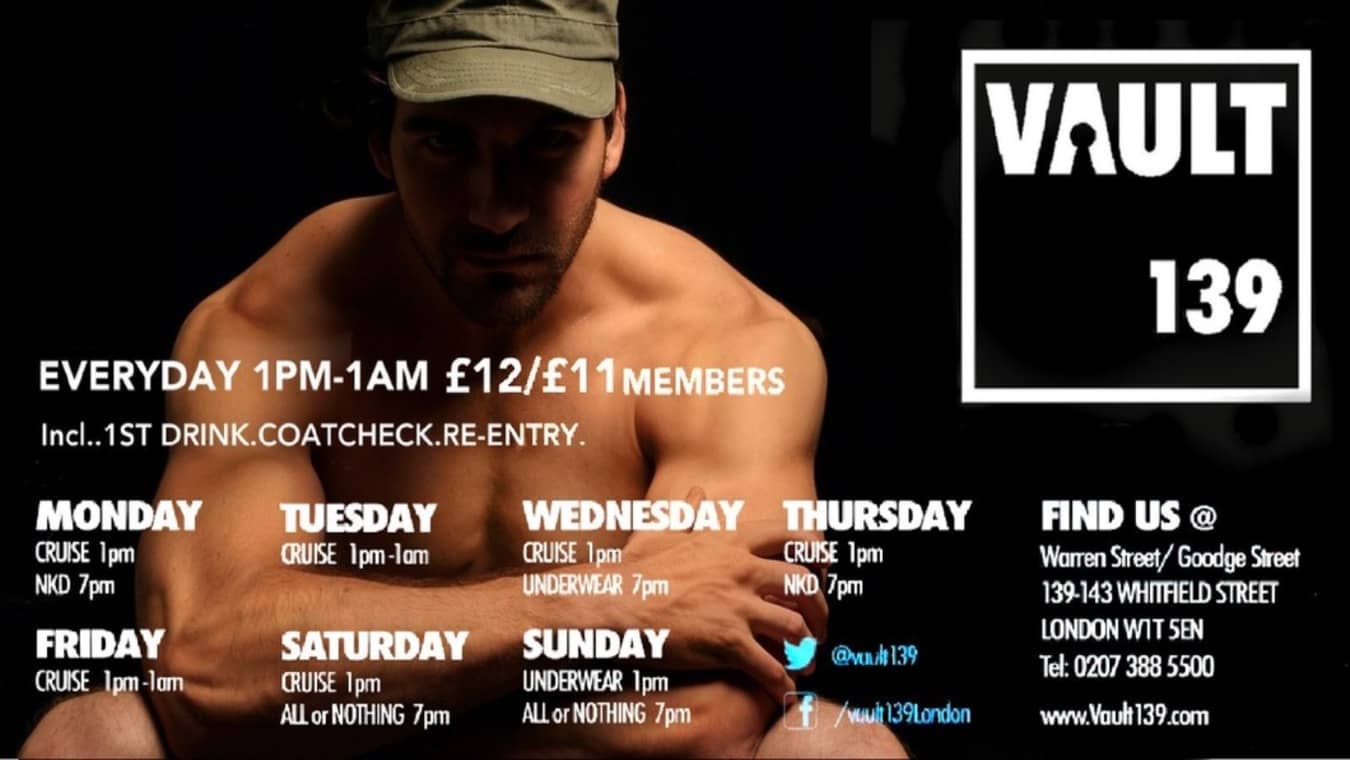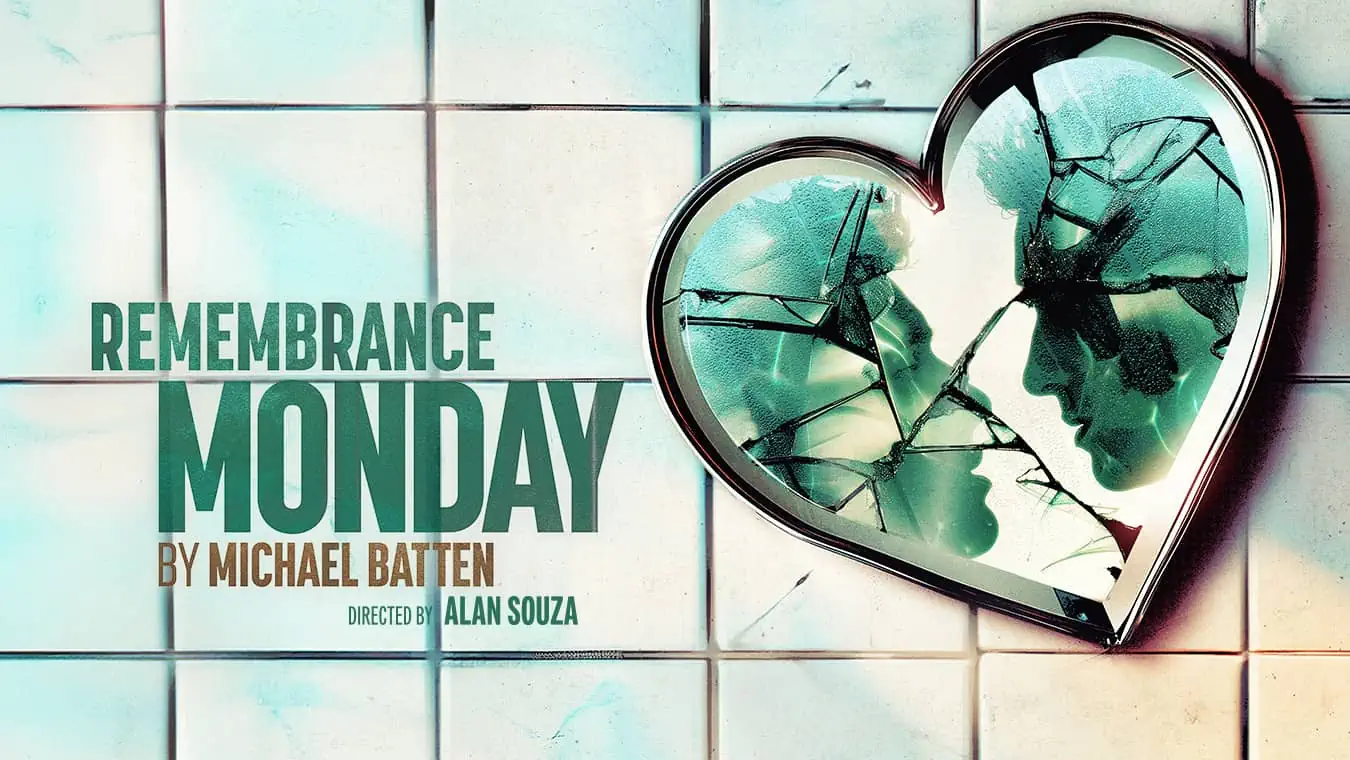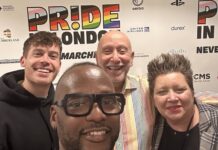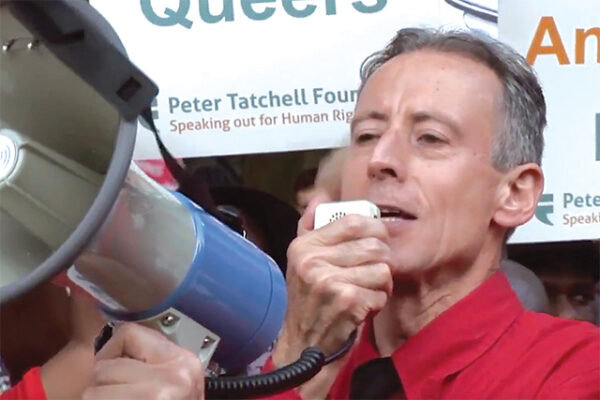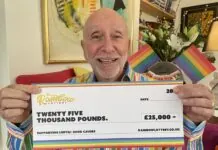Xav Judd meets legendary gay rights activist Ted Brown…
A quick amble through Soho or Manchester’s Canal Street today reveals an eclectic mix of gay bars and clubs. Yet, even only thirty years ago, or more before the legalisation of homosexuality in 1967, non-straight life in the UK was very different. Repression and intolerance were so widespread that we could not express aspects of our true identity in public without fear of attack.
One reason why things have changed dramatically is the work of LGBT campaigners like the remarkable Ted Brown, who set-out to confront prejudice and inequality. I catch up with him in Croydon’s Spread Eagle, where he talks about his life as part of Black History Month.
Born in the United States in 1950, as a black man of West Indian descent, racism wasn’t all Ted had to face up to: “I first became aware of homosexual feelings when I was about 11, and actually said to my mum, I think I might be gay.” She cried, not because her son wasn’t straight but due to her realising he would now be in two minorities. In fact, experiencing prejudice helped Ted. “I saw apparently intelligent and sophisticated white people who had crap ideas about race. So, I knew loads of people had the same shit [unfounded] notion about being gay: that we’re all limp-wristed pansies, and can’t find love.”
Growing up Stateside, Ted’s desire to become an activist was originally inspired by the Civil Rights Movement leaders Martin Luther King, Rosa Parks and Bayard Rustin. The 1969 Stonewall riots – a string of protests by gay folk against a police raid at the Stonewall Inn, in New York City’s Greenwich Village neighbourhood – were also an influence.
“I could so easily have been one of those youngsters you read about who commit suicide”
In 1959, following a family break-up, Ted, his sister and brother moved to London with their mother. When she passed away six years later, Ted and his siblings were fostered by a pair of his teachers who’d heard about their loss. “They were very nice, lived in middle-class Blackheath, but were white and did not have many black friends, so I felt disconnected from my race.”

Yet, there was hope: after leaving the cinema one day he saw some people protesting against the depressing portrayal of non-straight people in the movie he had just watched, the William Friedkin-directed The Boys in the Band.
They handed him a leaflet announcing a new group, the Gay Liberation Front (GLF), which modelled itself on and took its name from the radical political organisation created in America in 1969.
In 1970, he became one of its first members at a meeting in the Covent Garden venue, Middle Earth. The GLF opposed the stereotyping of gender and their manifesto stated intent to ‘stand firm and assert our basic rights’, which they did often by taking direct action.
Indeed, in 1971 Ted, the ‘Nuns of Perpetual Indulgence’, who were dressed in drag, and many others stormed in and disrupted the Westminster Central Hall-held Festival of Light. They kissed each other, did the can-can, released mice, and sounded horns much to the chagrin of the various self-righteous bigots in attendance.
GLF’s various individuals were instrumental in setting up the non-straight fortnightly magazine Gay News, the first telephone helpline to aid us, the London Lesbian and Gay Switchboard, and a trio of radical communes where gay men lived together: Brixton, Notting Hill and one that moved between Bounds Green, Muswell Hill and Penge.
Ted lived in the latter, for a while. “Just being in the commune was political: we wanted to be a visible part of the community and dispel the idea of the nuclear family.”
GLF disbanded in 1974 due to internal issues, but Ted persevered in his fight against discrimination. One of his most vociferous campaigns was against reggae singer Buju Banton. His detestable 1992 re-released song ‘Boom Bye Bye’ contains lyrics advocating killing gay people (‘(Me say) Boom bye bye, Inna batty bwoy head, Rude bwoy no promote the nasty man, Dem haffi dead’).
“Although some people might call this what I call ‘cultural relativism’, that is to say, that these kinds of lyrics and this attitude are part of Jamaican culture and so, ergo, should be acceptable. I don’t care a whore about culture, certain rights are universal.” Thus, in 1992, Ted did an interview with Channel 4’s The Word programme, criticising Banton and playing no small part in getting the ‘artist’ banned from the WOMAD festival and subsequent one-off events and tours.
• Ted is currently appearing in the Vinyl Closet – an exploration of gay and lesbian themes in blues, musicals, rock and roll etc, from the 1920s onwards.
• See www.vinylcloset.org or www.galha.org for more info.


